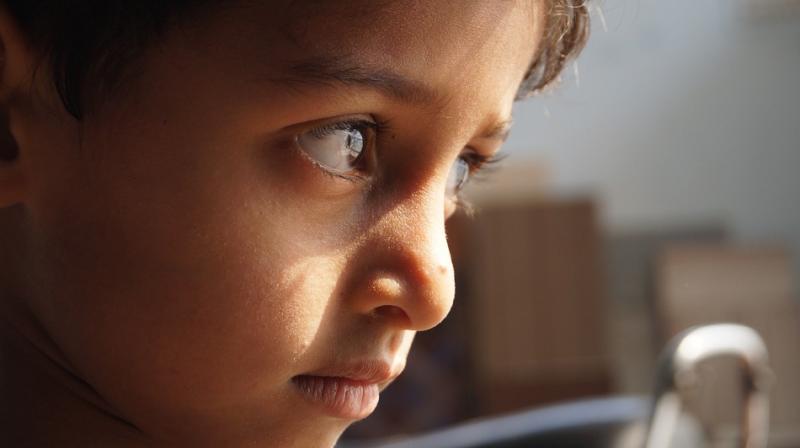Post traumatic stress disorder can persist unnoticed for years in kids: study

After a car crash, children can experience post-traumatic stress disorder for months or years afterward although parents may have trouble recognizing it, according to a new U.K. study.
“What these results stress I think is that we need to take the reactions of young children to these sorts of events seriously – their reactions can persist for years in some cases,” lead author Dr. Richard Meiser-Stedman of the University of East Anglia’s Norwich Medical School told Reuters Health by email.
Among children aged 8 years and over, roughly 10 to 30 percent of those in motor vehicle collisions experience PTSD, he said.
The researchers studied 71 families of children ages 2 to 10 and their parents or caregivers who went to an emergency department after a motor vehicle collision in 2004 or 2005. Families had post-trauma assessments two to four weeks after the accident, six months later, and again three years later.
Half the children had been riding in a car and 40 percent had been pedestrians. Almost 30 percent had no injuries, 65 percent had only soft tissue injuries and 7 percent had broken bones. Four children lost consciousness and 11 were admitted to the hospital.
Most children who showed signs of stress after the accident did not go on to develop PTSD. But among the 17 percent of children who met criteria for pediatric PTSD at the three-year point, parents who were themselves experiencing difficulties often did not recognize the child’s ongoing problem.
“Parents may not spot the signs of PTSD for the same reasons that parents may miss many mental health difficulties, particularly emotional disorders like anxiety and depression,” Meiser-Stedman said. “Poor mental health may often be a very private experience, and children find it difficult to describe their thoughts and feelings.”
Parents with post-traumatic stress symptoms at the beginning of the study more often had children with post-traumatic stress symptoms, even three years later, researchers reported in the Journal of Clinical Psychiatry. Children’s age, intelligence and trauma severity were not tied to their odds of having PTSD three years after the accident.
“It's rare that really young children are studied after a potential trauma, let alone followed over time. Most studies focus on the first year after something happened,” said Eva Alisic of the Trauma Recovery Lab at Monash University in Australia, who was not part of the study. “This study shows that even three years down the track, some children still struggle.”
We should support parents as well as children after a motor vehicle collision, and should aim to use more than parents' reports when assessing a child’s wellbeing, Alisic told Reuters Health by email.
“What this study has shown is that a significant minority of young children can develop PTSD after ‘one-off’ traumas, and that this reaction for years can persist in some,” Meiser-Stedman said. “There’s no evidence to suggest that young children are somehow ‘immune’ to developing PTSD because of their age.”
In young children, symptoms of PTSD include diminished interest in significant activities and social withdrawal. There’s encouraging evidence from randomized controlled trials in the U.S. that trauma-focused cognitive-behavioral therapy is effective treatment, but more research is needed, Meiser-Stedman said.
Diagnosis and treatment of PTSD in members of the same family can be quite disjointed, he said. “I think the data from this study suggests that assessment and treatment could benefit from addressing the whole family unit.”

